In This Together: Reconciliation Week
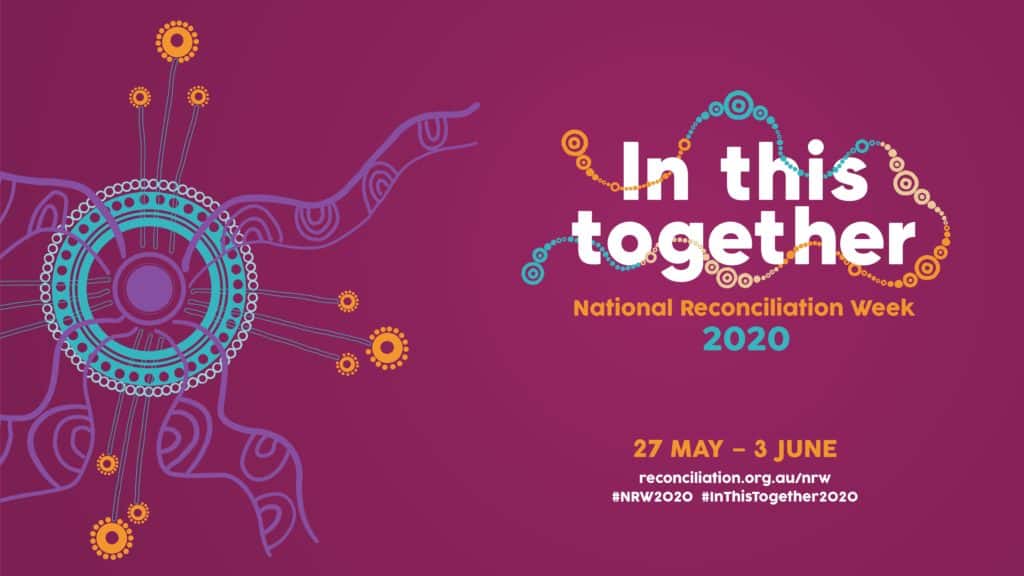
As we commemorate National Reconciliation Week 27 May to 3 June, it is appropriate to reaffirm our commitment to reconciliation and the role we have to play.
On 13 February 2008, Australia’s then Prime Minister, Kevin Rudd, tabled a motion in Parliament apologising to Australia’s Aboriginal and Torres Strait Islander people. The apology was for the laws and policies that forcibly removed children from their homes.
The first National Sorry Day was held on 26 May 1998, one year after the tabling of the report, known as ‘Bringing Them Home’. This acknowledged the grief, suffering and injustice experienced by the stolen generations forcibly removed from their families and communities. Ever since, National Sorry Day is an annual Australia-wide observance offering all Australians the occasion to come together and promote healing for the Stolen Generations, their families and communities.
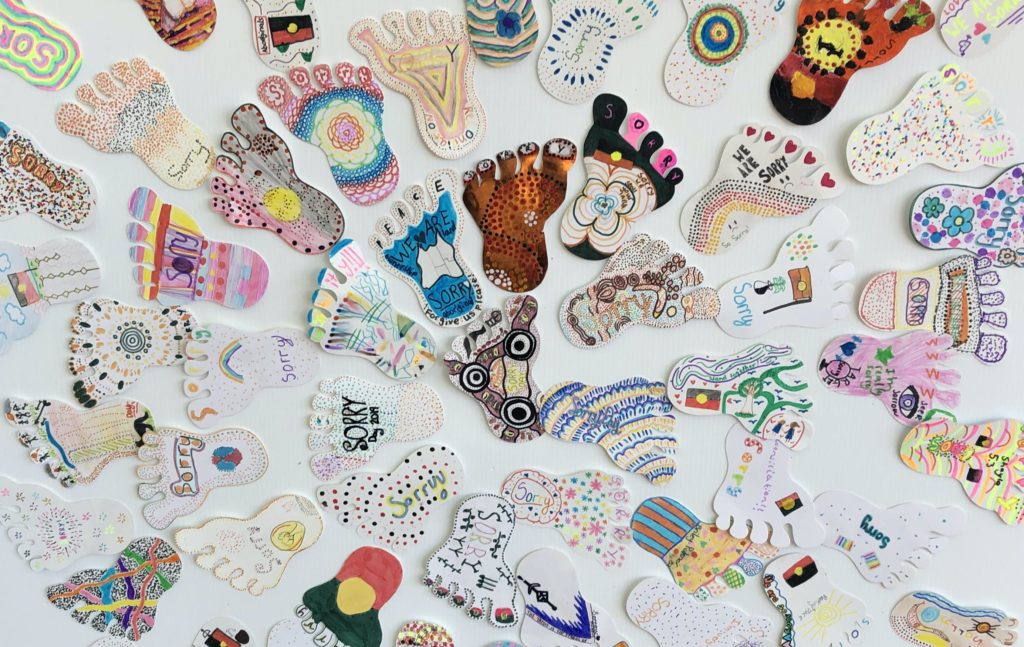
As a faith-filled community, it is vital to recognise past offences and propose to be part of soothing the deep wound which affected so many Indigenous People. We commit to learning a deeper understanding of the devastating outcomes government policy had on them and their family’s lives. Children suffered the harrowing experience of losing their parents, families, language, spirituality, and identity. The forced removal of children from their communities furthermore robbed them of their future and their hope.
Since the first apology, a proposal for a policy commission to close the gap between Indigenous and non-Indigenous Australians in matters such as life expectancy, educational achievement, and economic opportunity followed. Sorry Day highlights the part we all have to play with regard to our collective responsibility in fostering relationships that value Aboriginal and Torres Strait Islander People, their histories and cultures.
“When we come together to build mutual respect and understanding, we shape a better future for all Australians” (Chief Executive Officer, Karen Mundine, CEO of Reconciliation Australia,2020).
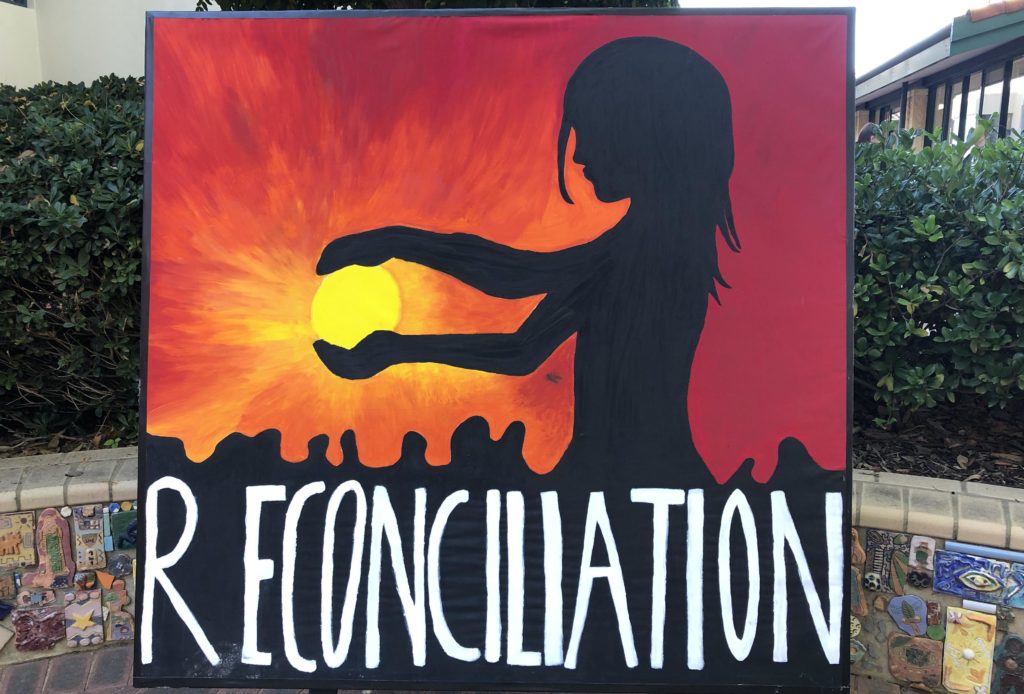
While we can never fully grasp the pain endured through government practices, we nevertheless recognise that an apology alone cannot negate past sorrows. We can and must commit to doing more. Everyone has an obligation to be an active participant in the national process of reconciliation whilst learning how to retune relationships based on respect and empathy.
Though much has been accomplished since 2008, we still have a long way to go. Let us reflect on how far we have come on the path of reconciliation with the Aboriginal and Torres Strait Islander People of this land, while simultaneously establishing new guidelines for future accomplishments.
By journeying in this together, let us find collective ways to realign our understanding of our interrelated obligation to heal and rebuild connections in this land we all call home.
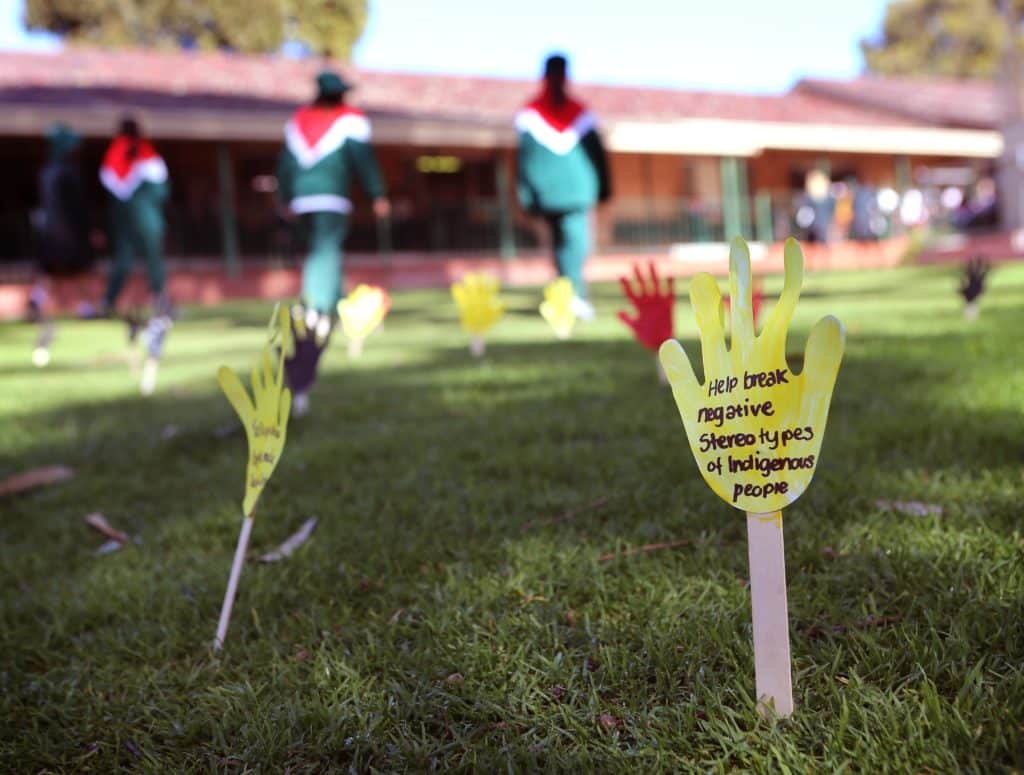

The Power of Expectations in Shaping Student Success – Jennifer Oaten
Discover the transformative impact of expectations on student success. Learn how belief shapes outcomes in education and beyond.
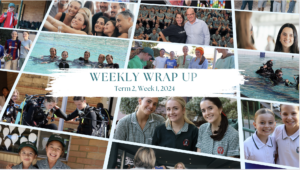
Weekly Wrap Up: Term 2, Week 1, 2024
Term 2 has kicked off with a bang! We enjoyed the Year 11 Father-Daughter evening, celebrated Earth Day, and welcomed Dr. Mark Williams.
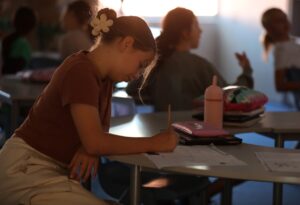
Inspiring Change: Earth Day 2024
Our Earth Day celebration this week was a powerful reminder of our collective responsibility to protect our planet for future generations.
- Featured, Respect
Author: Santa Maria College
Santa Maria College is a vibrant girls school with a growing local presence and reputation. Our Mission is to educate young Mercy women who act with courage and compassion to enrich our world. Santa Maria College is located in Attadale in Western Australia, 16 km from the Perth CBD. We offer a Catholic education for girls in Years 5 – 12 and have 1300 students, including 152 boarders.






